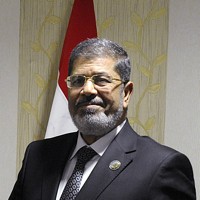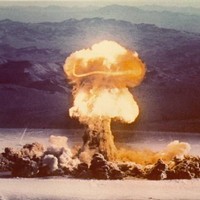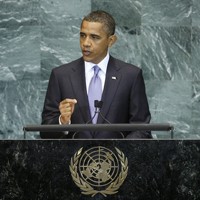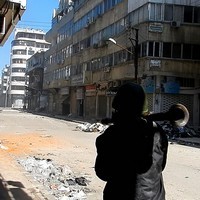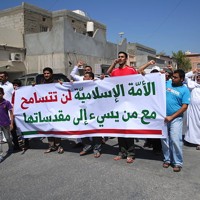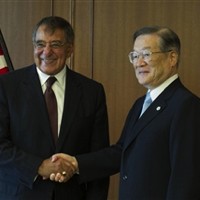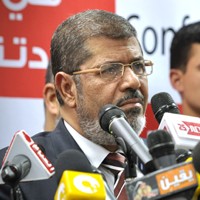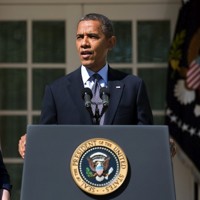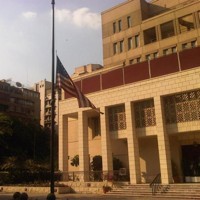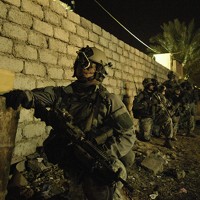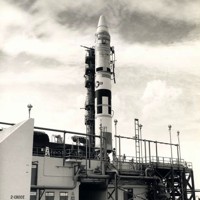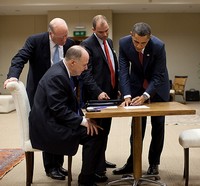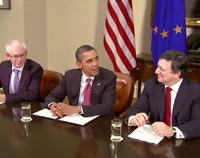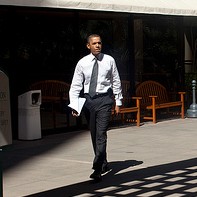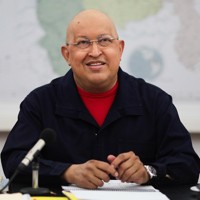
Venezuelan President Hugo Chávez will be seeking an unprecedented third 6-year term when voters go to the polls on Oct. 7. But this time, the challenge from opposition candidate Henrique Capriles Radonski is expected to be credible, in what many analysts believe will be Chávez’s closest contest since his initial election in 1998. Capriles was able to unite a historically divided political opposition by winning the February 2012 primary in decisive fashion, taking 62 percent of the popular vote. His victory galvanized a wide spectrum of political parties behind a single opposition candidate for the first time since Chávez took […]

